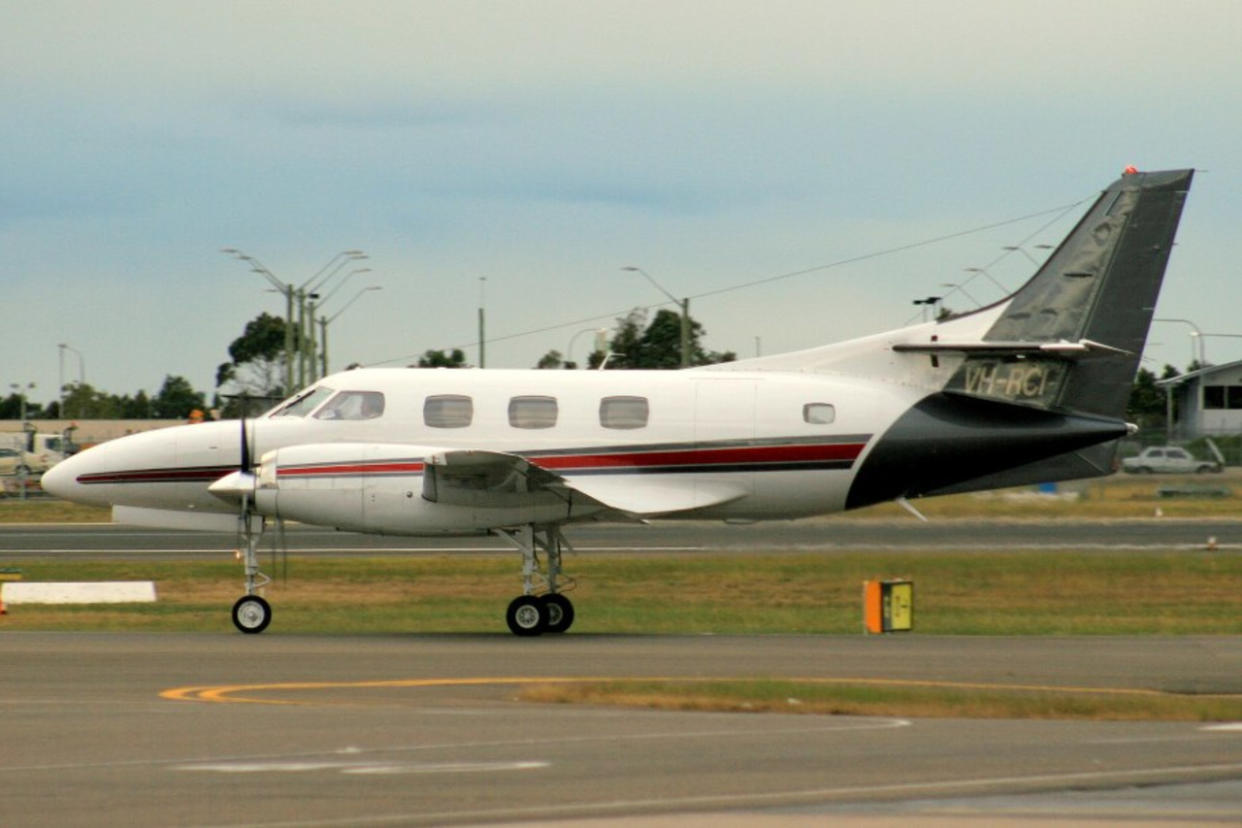When NASCAR champion Alan Kulwicki died in a Hooters plane crash

This Day In Weather History is a daily podcast by Chris Mei from The Weather Network, featuring stories about people, communities and events and how weather impacted them.
--
Alan Kulwicki was a NASCAR champion nicknamed "Special K" and the "Polish Prince." Over his career, Kulwicki was sponsored by several companies, including Maxwell House Coffee, United States Army, and Hooters, the American restaurant chain.
Bill France Jr. congratulates Alan Kulwicki after Alan won the 1992 Winston Cup championship. pic.twitter.com/XwN4CMQhF6
Bill France Jr. congratulates Alan Kulwicki after Alan won the 1992 Winston Cup championship. NASCAR Memories on Twitter: "Bill France Jr. congratulates Alan Kulwicki after Alan won the 1992 Winston Cup championship. pic.twitter.com/XwN4CMQhF6 / Twitter"
— NASCAR Memories (@NASCARMemories) NASCAR Memories on Twitter: "Bill France Jr. congratulates Alan Kulwicki after Alan won the 1992 Winston Cup championship. pic.twitter.com/XwN4CMQhF6 / Twitter"
On Thursday, April 1, 1993, Kulwicki was flying from McGhee Tyson Airport near Knoxville, Tenn., to Tri-Cities Regional Airport in Blountville, Tenn., in one of Hooters corporate planes (Fairchild SA227-TT Merlin). He was in Knoxville for an appearance at their Hooters.
As the plane was approaching its destination, it slowed and crashed in a field near Blountville.
Click here to subscribe to This Day in Weather History
Onboard the plane was Kulwicki, two Hooters executives, and the pilot. No one survived.
The National Transportation Safety Board (NTSB) investigated the accident, including witness interviews and a physical examination of the crash site. The air traffic controller who was communicating with the pilot at the time said that he could not understand the final messages from the plane. The air traffic controller said he saw the aircraft's lights fall in a steep spiral from cloud height.
The investigation from the crash site showed that the engine and propellers weren't functioning. However, there were no signs of any plane system failure before the crash.

"Alan Kulwicki's 1992 championship winning Ford "Underbird" at the Hooters Casino." Courtesy of Jay Bonvouloir/flickr
The NTSB final report shared that "There was evidence that engine inlet anti-ice annunciator lights were illuminated during impact" which indicates the cause of the crash is attributed to the "Failure of the pilot to follow procedures concerning the use of the engine inlet anti-ice system and/or continuous ignition while operating in icing conditions."
The NTSB also discovered a letter sent to all owners and operators of aircrafts equipped with TPE331 engines (which the Hooters plane was) that suggested using engine inlet anti-ice whenever the engine gets exposed to moisture or when travelling into areas with temperatures below 5 C.
To learn more about Kulwicki and the tragic plane crash, listen to today's episode of "This Day In Weather History."
Subscribe to 'This Day in Weather History': Apple Podcasts | Amazon Alexa | Google Assistant | Spotify | Google Podcasts | iHeartRadio | Overcast'
Thumbnail: "Fairchild SA227-TT Merlin IIIC VH-RCI at Sydney Airport." Courtesy of YSSYguy/Wikipedia/CC BY-SA 3.0


